In an increasingly interconnected and often polarized world, the media outlets we consume wield immense power, shaping public opinion, influencing policy, and framing global events. But how "honest" are these narratives? Understanding the political leanings, funding models, and editorial tendencies of the world's most influential newspapers and broadcasters is more critical than ever. This analysis dives into the complex landscape of global media, revealing the subtle and overt biases that define major players in the UK, USA, Middle East, and wider Europe, Daily Dazzling Dawn understands.
Global Gatekeepers: The Unseen Foundation of News
At the bedrock of global news dissemination are major news agencies like Reuters (UK-based), the Associated Press (AP - US-based), and Agence France-Presse (AFP - France-based). These giants largely operate as wholesalers of factual information, striving for impartiality and objectivity in their breaking news and raw feeds. Their influence is profound, as countless other media outlets globally rely on their content as a primary source. Their perceived neutrality makes them foundational, though even here, the selection and framing of initial reports can carry subtle implications.
International Voices: Influence Through Reach and Perspective-Beyond wire services, major international broadcasters and publications serve as direct conduits of global narratives. The BBC World News (UK), publicly funded and legally bound by impartiality, remains a cornerstone of international journalism. While it strives for a central ground, it frequently faces accusations of bias from across the political spectrum, a testament to the challenge of true neutrality in a contentious world. CNN International (US), often seen as center-left, wields significant global reach, typically advocating for liberal democratic values. Conversely, Al Jazeera English (Qatar), state-funded, often presents a perspective more critical of Western foreign policy and supportive of pan-Arab or Muslim causes, reflecting its distinct geopolitical alignment. The Financial Times (UK), while international in scope, maintains a clear center-right, pro-business editorial line, shaping economic and political discourse for a powerful global readership.
The Anglosphere's Polarized Powerhouses: UK and USA
Both the UK and USA exemplify highly polarized media landscapes, where strong political leanings are often deeply embedded in editorial DNA.
In the United Kingdom, newspapers frequently adopt overt partisan stances. The Guardian consistently champions left-liberal causes, while The Daily Telegraph and popular tabloids like the Daily Mail and The Sun firmly occupy the right and populist-right spectrums. The Times generally leans center-right but aims for a more establishment, measured tone. Meanwhile, broadcast news, particularly BBC News and ITV News, operates under stricter impartiality regulations, though even they face constant scrutiny. Sky News generally leans center-right, while Channel 4 News is known for its investigative journalism and tends to lean center-left. The digital age has amplified the reach of these diverse voices, but also the potential for echo chambers.
Across the United States, media polarization is particularly pronounced, especially within cable news and opinion journalism. Fox News Channel dominates the conservative right, acting as a powerful voice for Republican viewpoints. Its ideological counterpoint, MSNBC, champions progressive and left-leaning narratives. CNN aims for a broader appeal but is generally perceived as center-left. Major newspapers like The New York Times and The Washington Post are globally influential and distinctly liberal in their editorial stances, while The Wall Street Journal's news section strives for objectivity, contrasting sharply with its staunchly conservative editorial page.
Middle East: State Alignments and Regional Rivalries-Media in the Middle East is fundamentally shaped by geopolitical interests and state ownership. Al Jazeera (Qatar) and Al Arabiya (Saudi Arabia) serve as prime examples of major broadcasters whose editorial lines frequently reflect the foreign policy objectives and regional rivalries of their respective state funders. Similarly, TRT World (Turkey) and Press TV (Iran) explicitly align with their state's geopolitical agendas, often presenting narratives that are critical of opposing regional powers or Western influence. Newspapers like Asharq Al-Awsat and Al-Ahram also tend to mirror government perspectives, making it crucial to understand their underlying affiliations.
European Diversity: From State Neutrality to Intellectual Debates-Beyond the UK, the European media landscape offers a rich tapestry of approaches. State-funded broadcasters like Deutsche Welle (Germany) and France 24 often aim for impartiality and a focus on European values in their international news. Influential newspapers like Le Monde (France) and El País (Spain) are generally perceived as center-left and intellectual, shaping liberal discourse. Conversely, Germany's Frankfurter Allgemeine Zeitung (FAZ) and Italy's Il Corriere della Sera often represent more conservative, center-right viewpoints. These outlets reflect the diverse political traditions and varying degrees of media independence across the continent.
Navigating the Narratives: A Call for Media Literacy-In 2025, the power of media to shape our understanding of the world is undeniable. From the rapid-fire updates of news agencies to the deeply partisan debates on cable news, and the state-aligned narratives from specific regions, consumers are exposed to a vast and often conflicting array of information. Understanding the underlying political leanings, ownership structures, and editorial missions of these influential outlets is no longer a niche interest but a fundamental skill for informed citizenship. Critical media consumption, seeking out diverse perspectives, and scrutinizing sources remain the most powerful tools in navigating this complex and ever-evolving global information landscape.
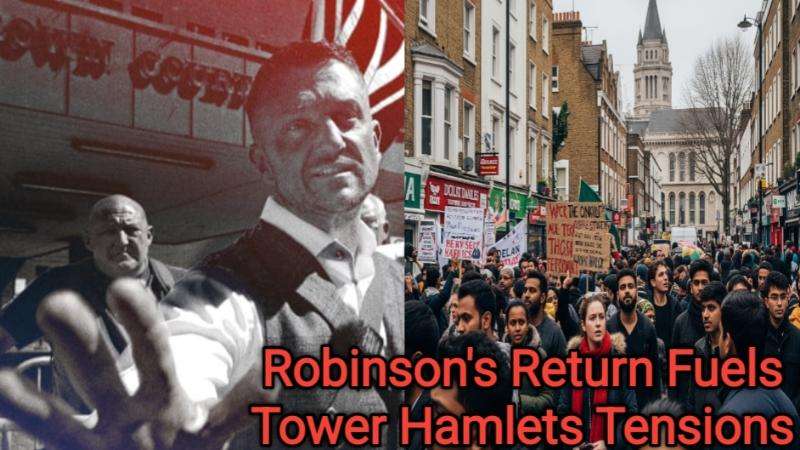
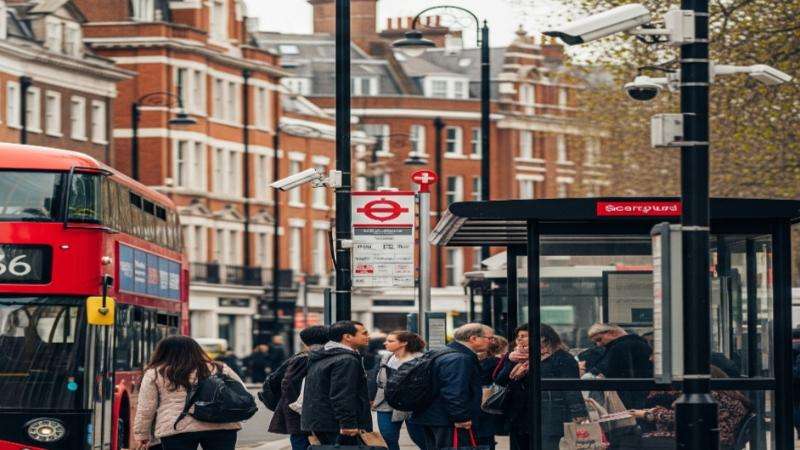
_4.jpg)
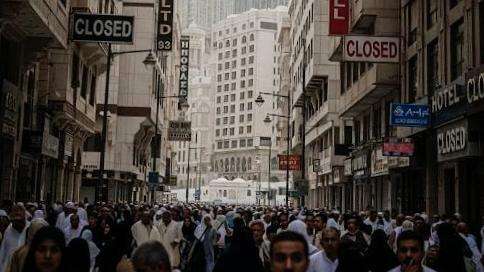
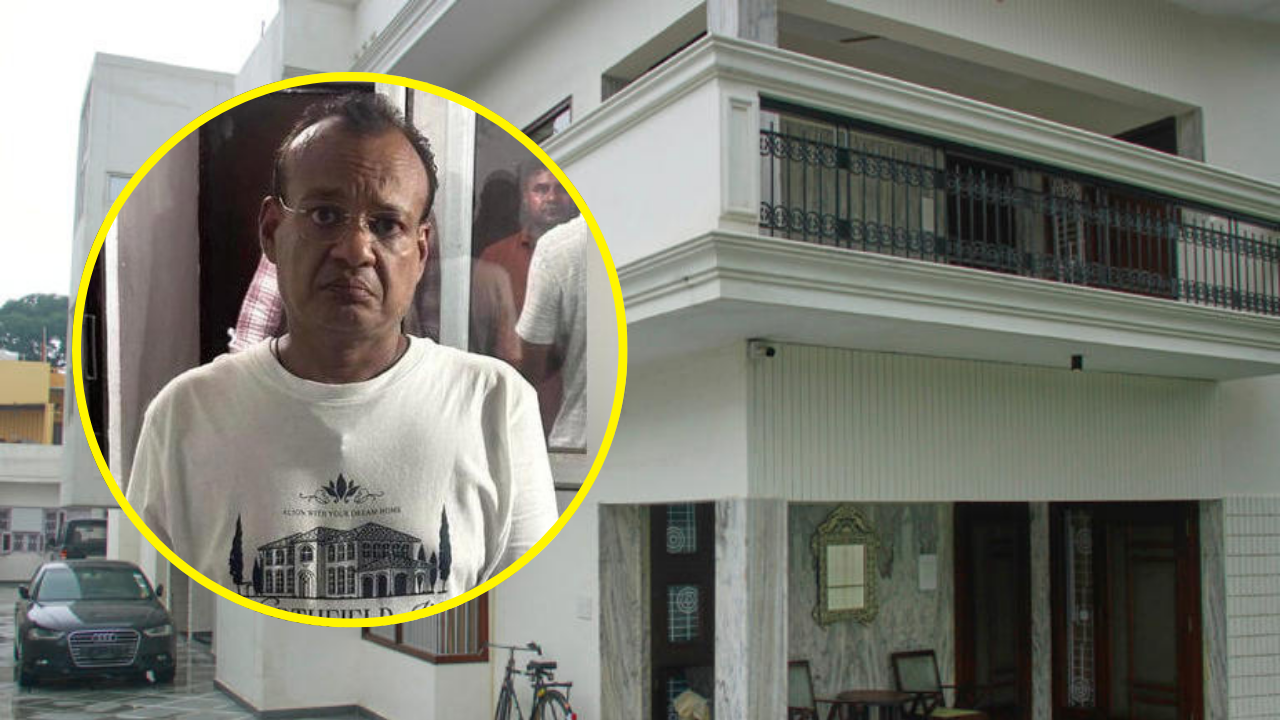

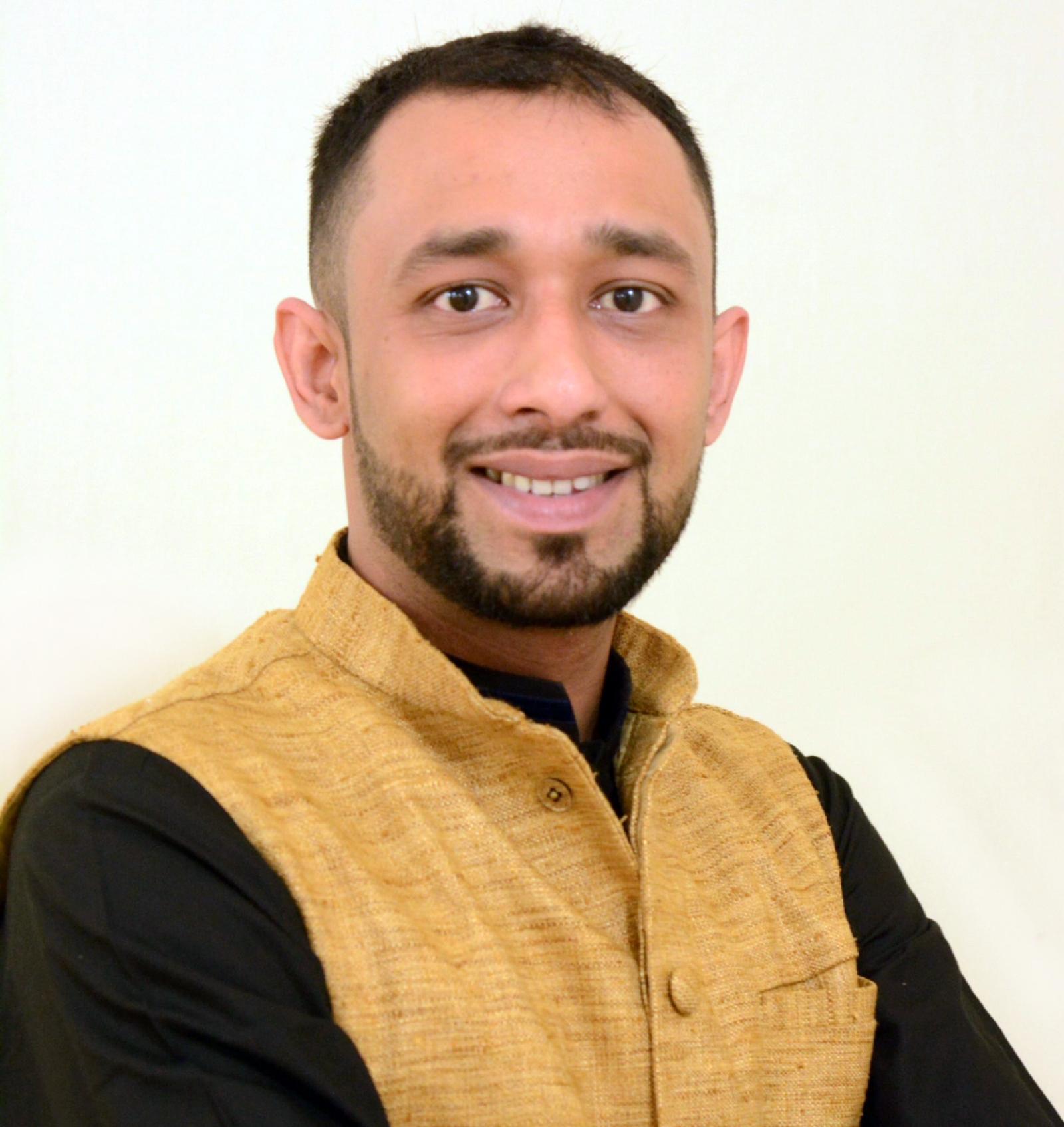

.svg)




